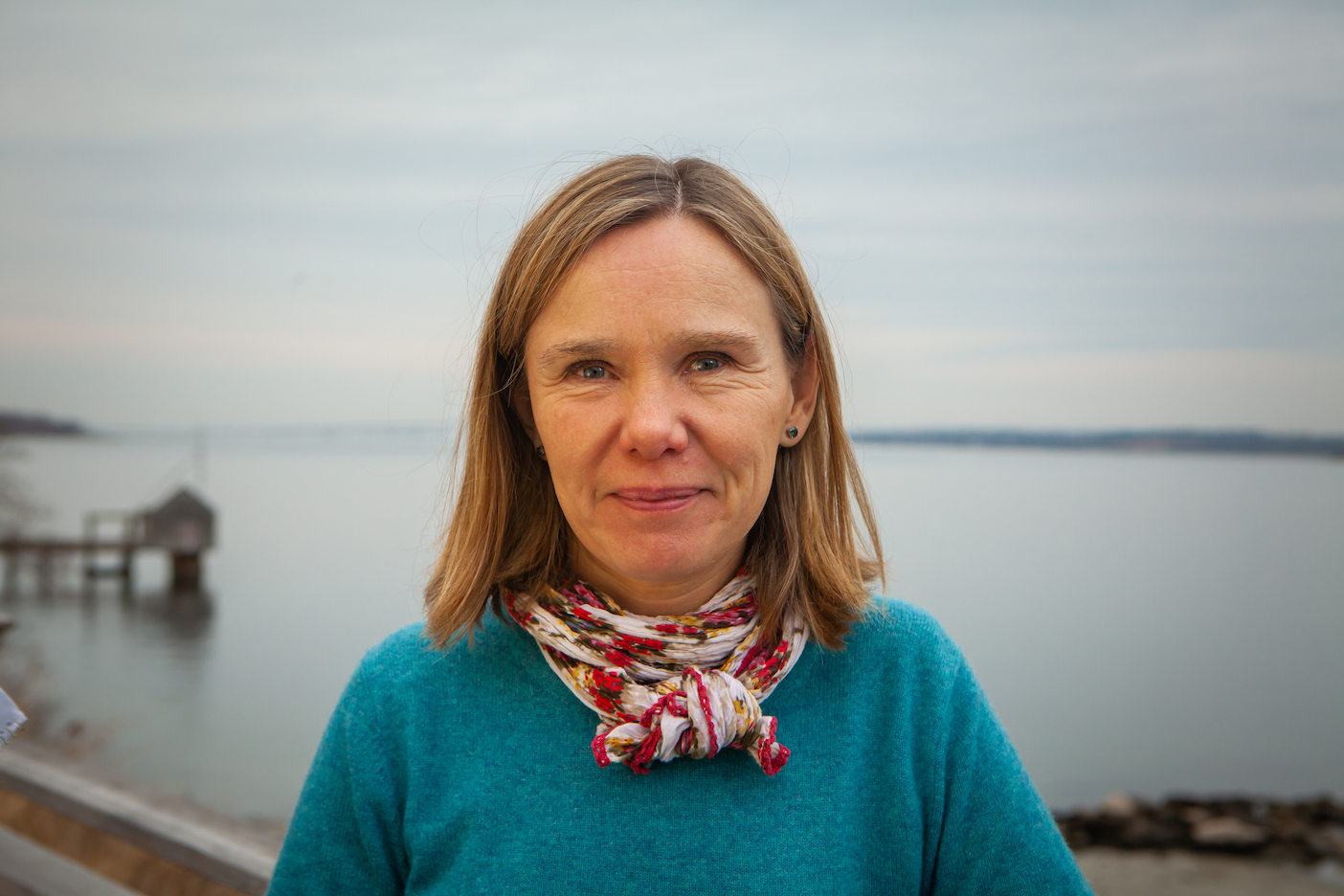
Elin Torell, PhD
University of Rhode Island
Tell us about your background and research interests.
I have a master’s degree in economic geography and a PhD in environmental studies. My current primary research interest is gender in fisheries, but I am also interested in fisheries value chains, how to diversify livelihoods for fisheries households, and how to maximize learning and adaptive management in international development projects.
How does your research in environmental studies (or other topics) inform your approach at the Fish Innovation Lab?
My PhD research focused on learning and adaptive management in coastal management, launching a life-long interest in better understanding how to integrate learning and adaptation into donor-funded projects, which tend to be short term and prone to “reinventing the wheel.” After I started working at the Coastal Resources Center, I became interested in livelihood diversification among fisheries households. I co-led a 10-year learning agenda to understand what works, does not work, and why in conservation enterprises and livelihood diversification. Over the last five years, that research has focused more on fisheries value chains and postharvest processing. In parallel with the livelihoods research, I became interested in exploring the concept of population, health, and environment. I believe it is critical to take an integrated approach to fisheries management where you consider how human behaviors and context, including population and health, influence the choices people make within the fisheries sector. My work within population, health, and environment also inspired me to work on gender, and for the last 10 years, I have conducted several gender analyses and other gender-related action research in the countries where we work. My research background helps me lead the human dimensions aspects of the Fish Innovation Lab as well as oversee our four cross-cutting themes: nutrition, gender and youth, resilience, and capacity development.
In your view, what are the most pressing challenges related to food and nutrition security worldwide and what are some ways we can overcome these challenges?
Our most pressing challenge is to ensure that all people have enough diverse and nutritious food to eat. Fish is a superfood, but not everyone has access to fish – especially not women and children. Many poor fishing households sell all their catch to purchase rice and other staple foods. We need to figure out how to reach those that are not getting enough fish to eat. However, we also need to ensure that our fisheries and aquaculture systems are sustainable. It is a delicate balance.
What do you wish other people knew about fish and/or food security?
I wish that all people knew the nutritional benefits of eating fish, especially for children and pregnant mothers. I feel like fisheries and aquaculture scientists that come from a perspective of maximizing production and/or sustainability sometimes fail to look at who can afford the fish, who is served the fish within a household, and who is most impacted when we implement management measures that limit the fish catch. I am really impressed with our Kenya quick start project, which combined fisheries management and sustainability with research and extension aiming to increase fish consumption among women and children in fishing households.
If you weren’t a researcher and higher ed administrator, what other careers might you have pursued?
I would probably have become a diplomat or worked for an international development agency. I have always been interested in working in developing countries, and I think that if I had not ended up in a university setting, I would probably have done similar work within an international organization.
What are your hobbies or activities outside of work?
I like to jog, go to the beach, cook, read, and spend time with family and friends.
What is on your bucket list?
It is funny, because I have just been able to check off a couple of my biggest professional bucket list items. One of my biggest bucket list items was to experience developing and providing grants rather than always being on the side of submitting proposals. Through the Fish Innovation Lab, I have been able to fulfill that dream! So I am kind of in-between professional bucket lists. Personally, I would love to volunteer more in my local community. I have worked internationally for over 20 years, and I feel like it is time to also focus on supporting local community causes here in Rhode Island.
If you would like to, tell us about your family, where you are from, and any personal details you would like to share.
I was born in Sweden and moved to the US as a PhD student in the late 1990s. I live in Rhode Island with my family.
